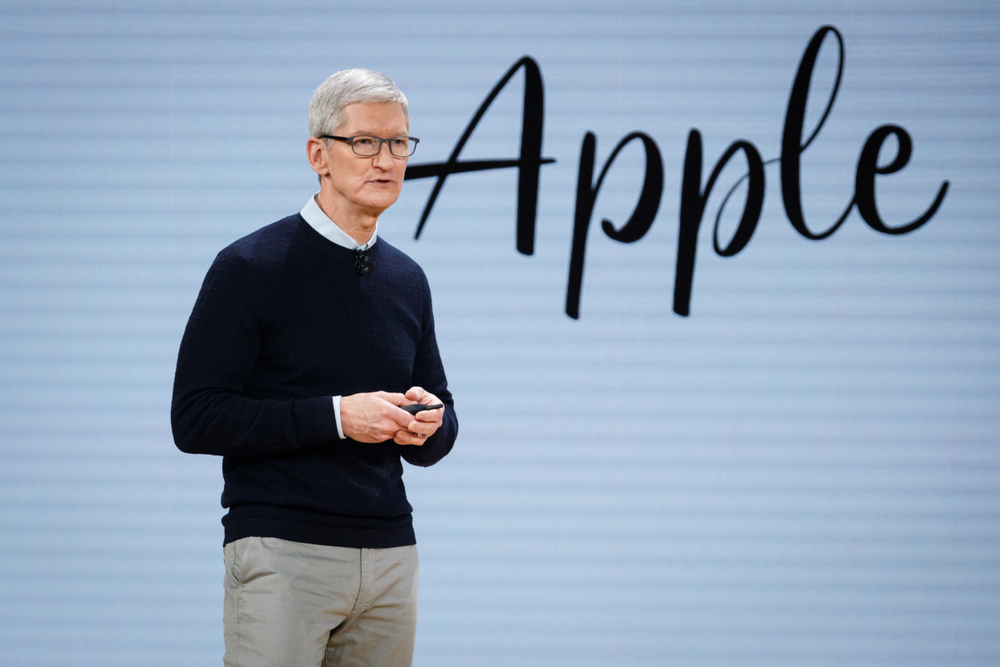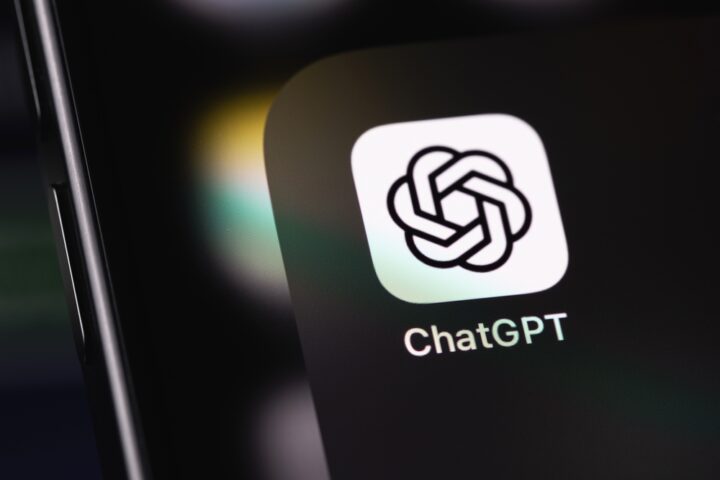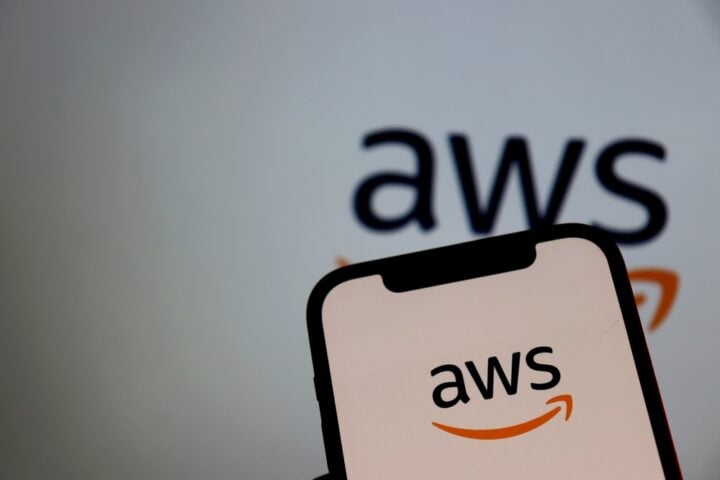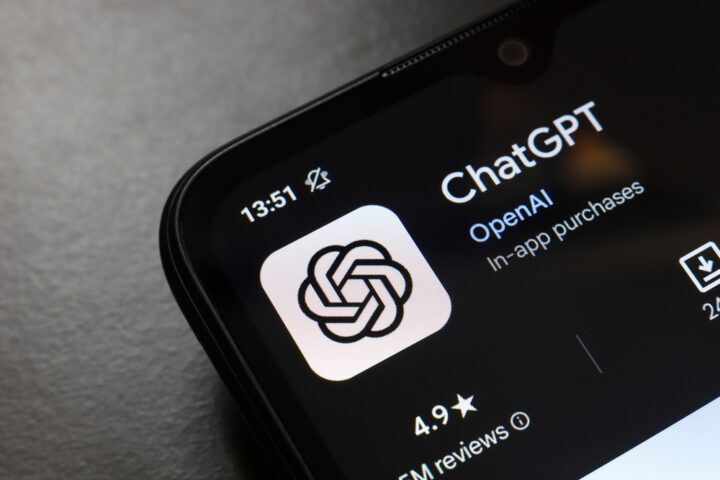Apple CEO Tim Cook isn’t concerned about lagging behind in the race to release artificial intelligence products. In a recent interview with The Wall Street Journal, Cook emphasized Apple’s philosophy of prioritizing quality over speed, assuring that the company’s AI strategy is focused on delivering the best tools — even if it means arriving later than competitors. Apple’s AI initiative, Apple Intelligence, was unveiled this past June, months after rivals like OpenAI, Google, Microsoft, and Meta had launched their own AI features and products.
Apple’s Focus on “Best, Not First”
Apple’s approach to artificial intelligence has been markedly different from other tech giants, and Tim Cook made it clear that this is by design. Rather than racing to be first, Cook explained that Apple prefers to take its time to refine and perfect its AI offerings. “We’re perfectly fine with not being first,” Cook said. “As it turns out, it takes a while to get it really great. It takes a lot of iteration. It takes worrying about every detail. Sometimes, it takes a little longer to do that.”
Cook highlighted that the company’s commitment to quality means Apple will not rush to release a product until it meets their high standards. “We would rather come out with that kind of product and that kind of contribution to people versus running to get something out first,” Cook added. “If we can do both, that’s fantastic. But if we can only do one, there’s no doubt around here… It’s about being the best.”
The Apple Intelligence Initiative
In June, Apple formally introduced Apple Intelligence, its AI-driven platform, as part of its long-term strategy to integrate advanced AI capabilities across its devices. However, unlike competitors who released AI chatbots, custom chips, and software features earlier, Apple maintained a quieter presence in the AI space until its formal reveal.
Apple Intelligence, which includes a suite of tools designed for the iPhone 15 Pro and newer models, is set to transform how users interact with their devices. Among the key features are the ability to generate and understand images and language, edit text, change its tone, and even proofread content. Additionally, users can create new emojis simply by typing descriptions, and voice assistant Siri will receive significant updates to become more natural, personalized, and relevant. The platform will also allow users to access ChatGPT directly from their Apple devices, marking a big step in integrating popular AI technologies.
Delayed Rollout and Market Reaction
Despite the announcement, Apple Intelligence has faced some delays. Initially expected to be pre-installed on the iPhone 16 lineup, the new software will now roll out later this month as an update. While the delay may be a disappointment to some, it aligns with Apple’s commitment to “getting it right” before launching any new technology.
While analysts had anticipated that these new AI features could lead to an iPhone sales surge, also known as an upgrade “supercycle,” Jefferies analysts tempered expectations in a note released on Sunday. They warned that the AI rollout is unlikely to significantly boost iPhone sales this quarter.
Apple’s strategic choice to emphasize quality over speed has always set it apart in the tech industry. With AI playing an increasingly vital role in the future of technology, Apple’s methodical approach may pay off as it integrates Apple Intelligence into its ecosystem. Cook and the leadership team remain confident that Apple’s AI-driven tools will meet user expectations once fully implemented, even if it means the company doesn’t cross the finish line first.







